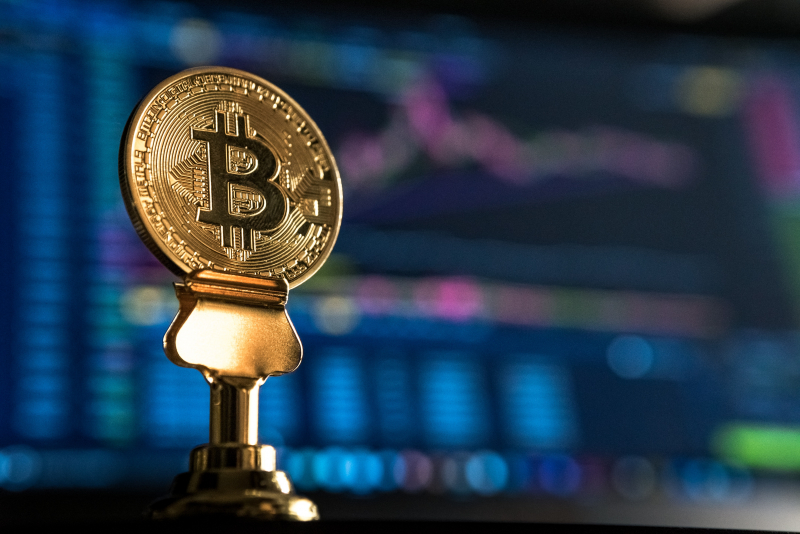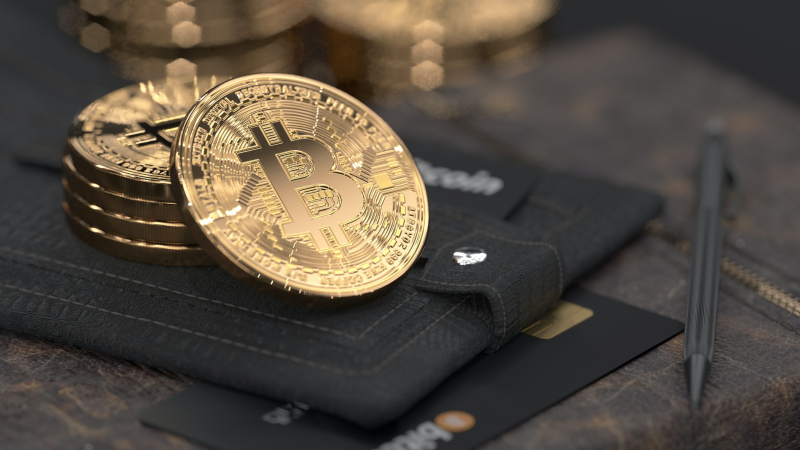The Paper Money Got Replaced with Digital Currency
In the not-so-distant future, the world underwent a profound transformation - one that transcended the tangible confines of paper and metal. The familiar rustle of banknotes and clinking of coins yielded to the hum of digital algorithms and the click of virtual transactions. The global economy, once bound by the physicality of paper money, embarked on a journey into the uncharted territories of digital currency.
The inception of this digital revolution unfolded gradually, propelled by technological advancements and the quest for efficiency. It began as a subtle undercurrent, with the emergence of electronic payment systems and the proliferation of plastic cards. The concept of currency, once synonymous with tangible bills adorned with the faces of historical figures, gradually metamorphosed into streams of binary code flowing through the digital veins of the global financial network.
The tipping point arrived when governments, recognizing the potential for a seamless, cashless society, unveiled ambitious initiatives to replace paper money with digital currency. Overnight, traditional wallets stuffed with bills became relics of the past, and the concept of a physical bank ceased to be a brick-and-mortar institution, existing only in the virtual realm.
For citizens, the transition was both liberating and disorienting. The familiar routine of withdrawing cash from ATMs and counting physical bills transformed into a series of clicks and taps on sleek devices. The once tangible representation of wealth now existed as lines of code encrypted with layers of security, protected by the invisible guardians of the digital age.
As digital wallets replaced leather ones, a new language emerged - a lexicon of cryptocurrency, blockchain, and decentralized ledgers. Citizens, once accustomed to the tangible weight of their financial transactions, navigated the virtual landscape with a mix of caution and curiosity. The reliability of banks, now relegated to the status of digital custodians, hinged on a foundation of trust in algorithms rather than tangible vaults.
The implications of the digital shift extended beyond the realm of finance, reshaping the fabric of daily life. Street vendors accepted payments through QR codes, and the age-old tradition of tipping transformed into the click of a button on mobile devices. The very nature of ownership evolved, with virtual assets taking precedence over physical possessions. The concept of wealth, once measured by the thickness of a wallet, now manifested itself in the digits displayed on a screen.
Yet, amidst the digital efficiency and the convenience of instantaneous transactions, a nostalgia lingered for the tangible nature of paper money. Some yearned for the tactile experience of counting bills, the symbolic weight of a physical transaction, and the cultural significance embedded in the portraits and symbols on banknotes.
As the digital era progressed, society grappled with the paradox of convenience and the loss of tangibility. Governments faced challenges in addressing issues of cybersecurity, ensuring financial inclusivity, and navigating the complex terrain of digital sovereignty. The legacy of physical currency, though fading, left an indelible imprint on the collective memory of a generation that had witnessed the evolution of money from paper to pixels.
And so, in the age of digital currency, where financial transactions unfolded in the silent exchange of coded messages, society navigated the uncharted waters of progress. The journey from paper money to digital currency became a tale of adaptation, an exploration of the intricate dance between tradition and innovation, and a reminder that the evolution of currency mirrored the ever-changing landscape of human civilization.
Cite this page (APA 7th edition): Toplist Joint Stock Company. (n.d.). The Paper Money Got Replaced with Digital Currency. toplist.info. https://toplist.info/top/the-paper-money-got-replaced-with-digital-currency-153766.htm

















